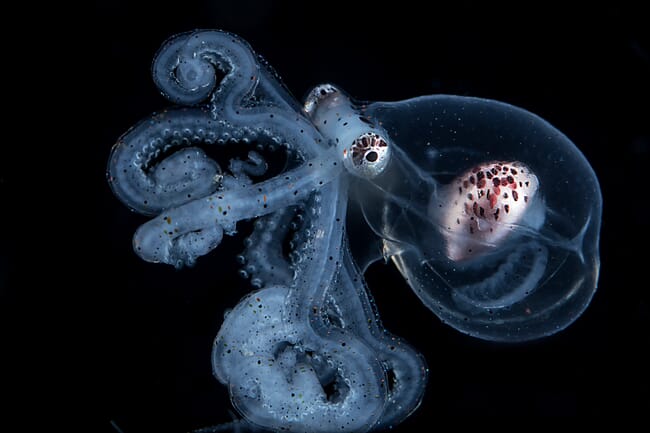
The new land-based facility will be located in the port of Las Palmas, in the Canary Islands, according to PortSEurope.
The operation will employ 450 people and produce the equivalent of 10 percent of the Spanish fleet’s octopus landings. As a result, Nueva Pescanova is seeking a grant from the EU’s Next Generation funds, arguing that farming the cephalopod will reduce the pressure on wild stocks, in line with the UN’s Sustainable Development Goals.
According to PortSEurope, the first broodstock for the facility will arrive from Nueva Pescanova’s R&D facility in Galicia.
Around 350,000 tonnes of octopus are captured in the wild each year, and global demand for the species continues to rise, as do prices for the invertebrates.
While short-lived, octopuses grow fast, produce lots of offspring and fetch a good price on the market, making them very appealing to commercial aquaculture companies. However, the fledgling octopus farming sector has struggled to overcome a number of bottlenecks, including the difficulty of of incubating, hatching and raising octopus larvae in captivity - this has meant that ranching wild-caught octopus, rather than farming them, is more commonplace.
However, Pescanova's plans suggest that these bottlenecks have now been overcome sufficiently to make the sector commercially viable.
Courting controversy?
As well as technical difficulties, farming the cephalopods has also been deemed controversial, in the light of several peer-reviewed studies that point to the intelligence of these short-lived cephalopods - most notably The Case Against Octopus Farming, which was written by a number of eminent academics, led by Dr Jennifer Jacquet.
More recently, My Octopus Teacher - a wildly popular and painstakingly made documentary which was aired on Netflix - introduced their apparent intelligence to the wider public.



